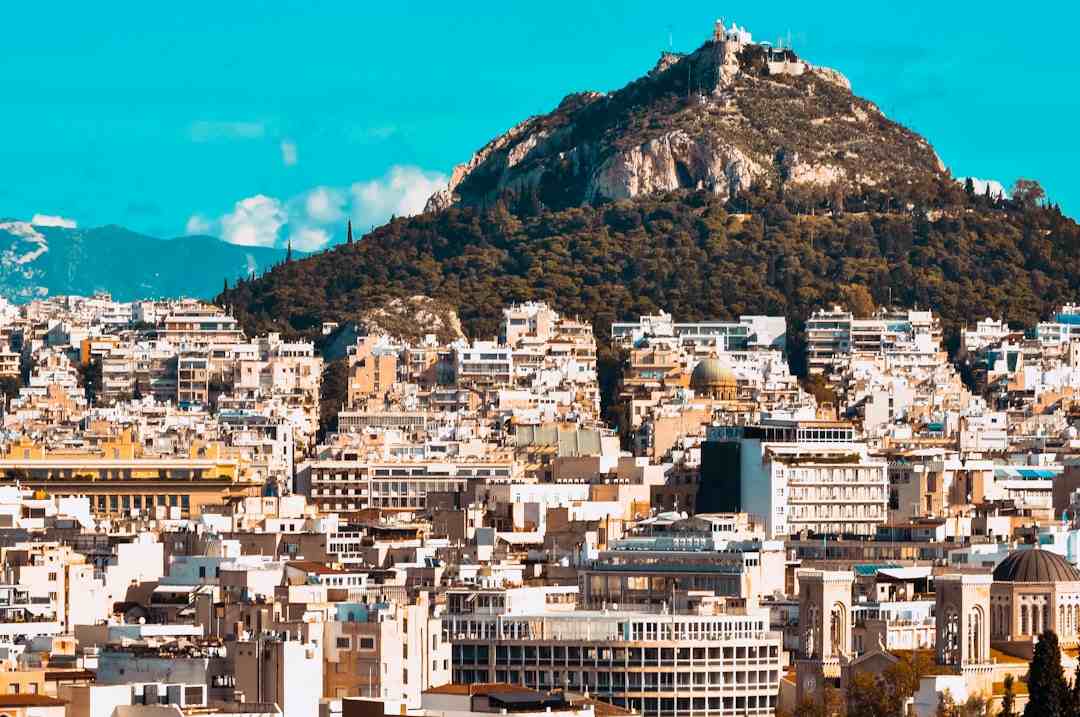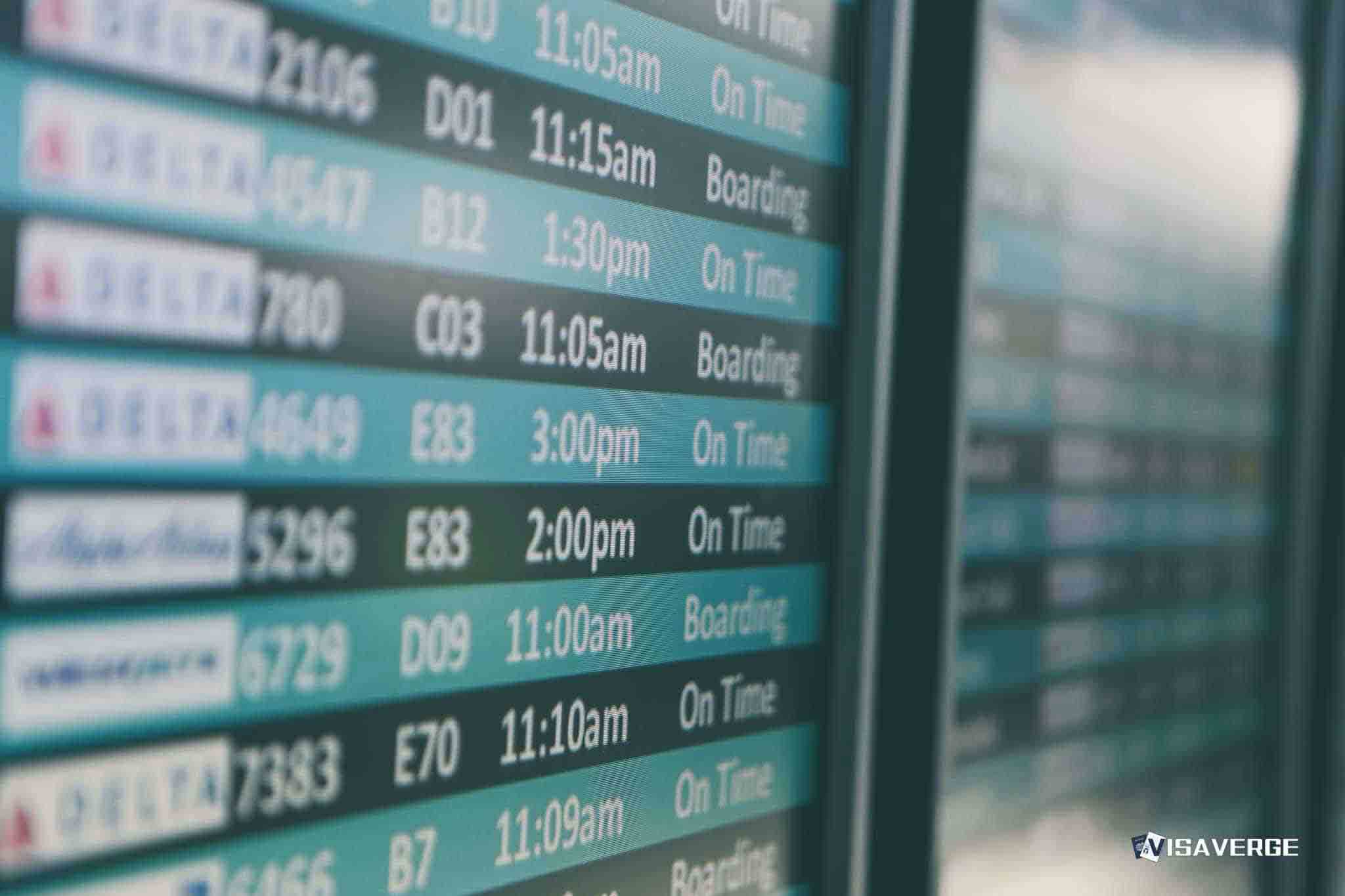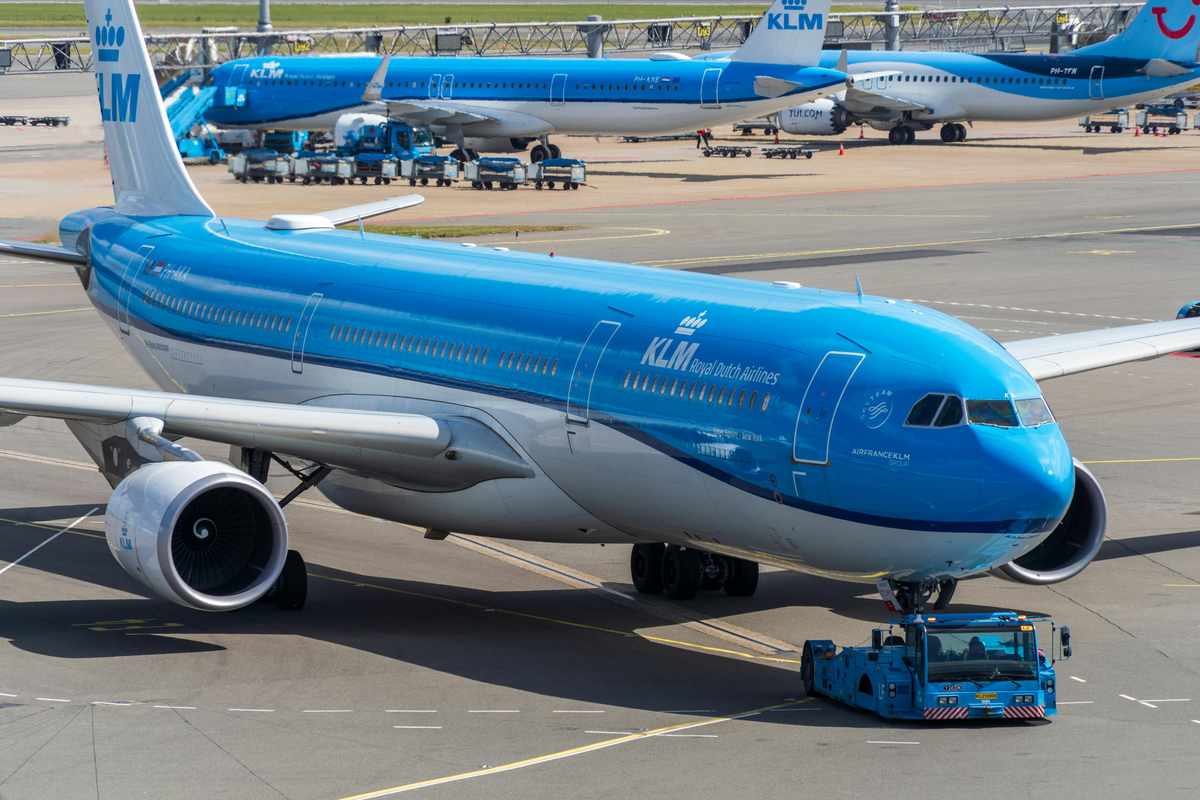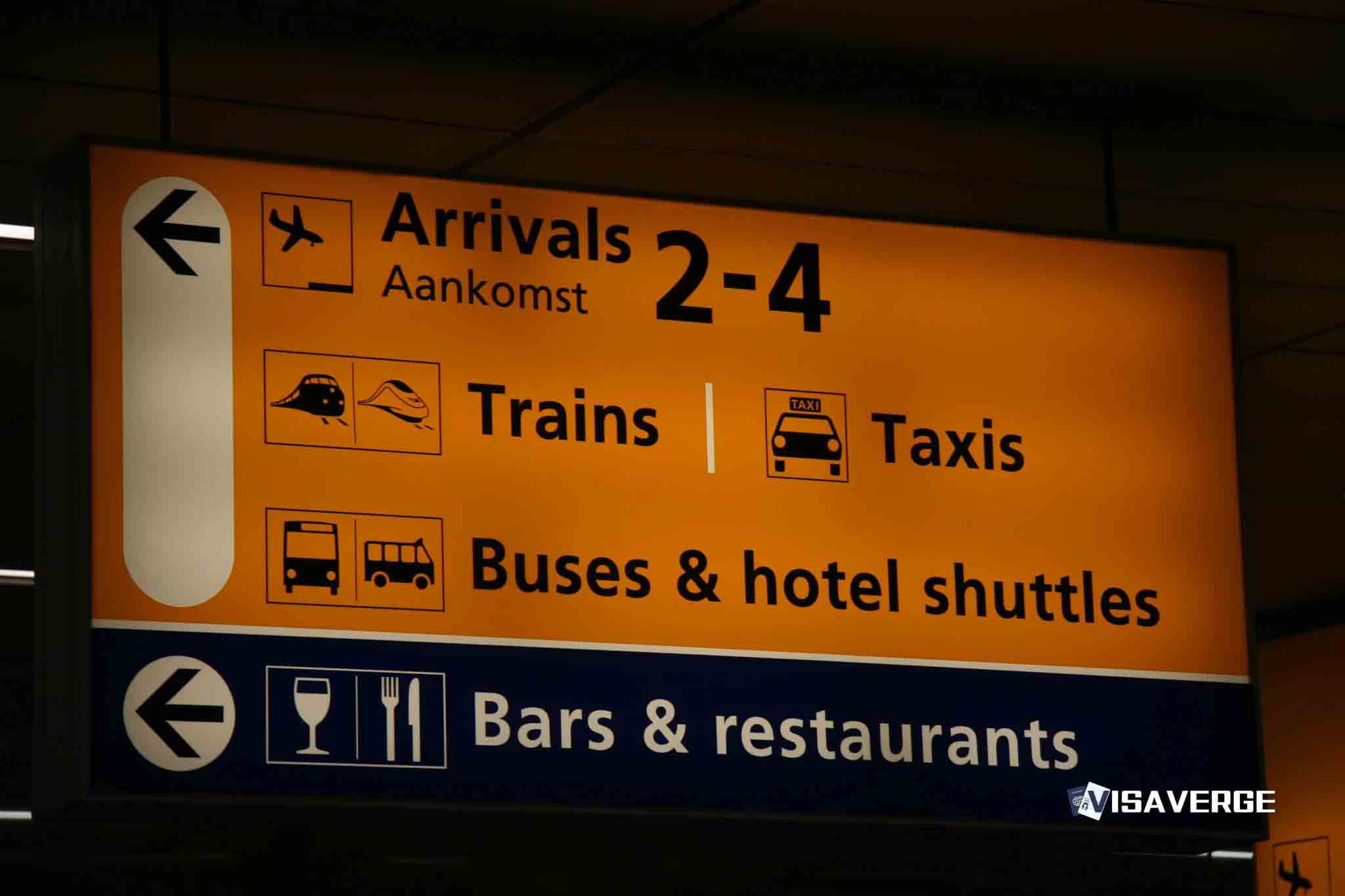(GREECE) Greece’s Golden Visa program is entering 2025 with mixed signals: fewer new applications, but a surge in actual residence permits issued. Government data show a 12% year-on-year drop in new submissions in the first half of 2025, and a 26.5% decline in June 2025 compared with June 2024. Yet the state finalized far more cases than a year earlier. Between June 2024 and June 2025, total Golden Visa decisions — including first-time approvals and renewals — jumped 81% to 9,319. Officials also cut the backlog by about 9% since January 2025, processing more files each month than they receive. The program remains a pillar for tourism and real estate investment, even as new policy rules reshape where and how people buy.
Policy changes overview

The downturn in fresh applications closely tracks policy changes rolled out in August 2024. Greece introduced location-based tiers and higher investment thresholds to spread growth beyond the hottest markets and cool price pressure in crowded districts.
The new framework set three main pathways:
- Tier 1: €800,000 minimum for high-demand areas, including Athens, Thessaloniki, Mykonos, and Santorini.
- Tier 2: €400,000 minimum for other regions.
- €250,000 minimum for properties converted from commercial to residential use, or for restoring listed/historic buildings, with rules that limit short-term rentals.
These steps aim to push capital into wider parts of the country and prevent overheating in core neighborhoods. Early figures suggest the rules did slow new filings, but did not stall outcomes. Many applicants already in the pipeline reached the decision stage, and renewals kept moving, producing the surge in total issuances.
According to analysis by VisaVerge.com, this pattern often follows rule updates: investors pause to reassess, then resume once they understand the path forward under the new investment thresholds.
The change also responds to pressure from local communities. In Athens and popular islands, residents and small businesses have faced rising rents and tight housing supply. By steering higher price floors into these hotspots, the government is signaling that permanent residence through property should align with broader social goals.
Meanwhile, the lower €250,000 option seeks to revive underused buildings and protect cultural assets, with limits on short-stay rentals to keep these units from flipping straight into tourist stock.
Key policy goals:
– Redistribute investment geographically
– Protect housing supply in high-demand areas
– Encourage restoration of historic/commercial stock with community safeguards
Impact on applicants and the market
For investors focused on the Golden Visa, the main trade-off now is location versus cost.
- Buyers targeting Athens’ center or Mykonos’ prime coast face €800,000 outlays.
- Those willing to consider mainland regions or secondary islands can qualify at €400,000.
- The €250,000 path applies for conversions or historic restorations, but comes with rental restrictions and longer redevelopment timelines.
This choice affects family plans, return on investment, and project schedules. Conversions or restorations can take longer and require more approvals, but they may offer stronger long-term value and better align with community goals.
Despite the drop in new filings, Greece’s push to clear backlogs means faster movement for those already in process. Cutting the pending queue by roughly 9% since the start of 2025 shortens waiting periods and reduces uncertainty for families and businesses planning moves.
Legal and market effects:
- Lawyers and real estate agents report that steady decision-making reduces financing risk.
- Developers can better plan construction schedules when approvals are timely.
- Families get greater confidence for school enrollments and travel plans.
The program still attracts high-net-worth individuals from China, Turkey, Lebanon, the UK, and Iran. Greece’s lifestyle and Schengen access remain strong draws, but the new map of investment thresholds is changing search behavior.
- Buyers are branching out to neighborhoods in Piraeus and emerging areas of Thessaloniki.
- Islands such as Crete and Corfu are seeing increased interest for mixed-use projects.
- In Athens, funds are eyeing offices that can be converted into apartments, leveraging the €250,000 route while addressing housing gaps.
Tourism benefits continue: even with fewer new applications, approved Golden Visa holders and their families spend on hotels, restaurants, and services while planning relocations or visiting properties. The recent wave of finalized permits supports this flow.
Real estate professionals point to program-driven renewal efforts:
- Urban renewal in parts of Athens and Piraeus, with older blocks being upgraded
- Island refurbishments that extend tourist seasons through improved services and infrastructure
Social impact and compliance
The balance between growth and social impact remains delicate.
- Short-term rental rules under the €250,000 track aim to protect neighborhoods from over-tourism.
- Higher price floors in hotspot zones seek to avoid sharp spikes in entry-level housing costs.
Investors should review local regulations before committing, especially if they plan to rent out property. Some areas have stricter caps, and compliance is checked at renewal.
Procedural advice:
- Confirm current criteria directly with the government.
- Gather clear proof of funds and complete due diligence on titles.
- Model long-term costs and community fit before choosing a tier.
- Factor in timelines and approvals for conversions/restorations.
Important resource:
The Hellenic Ministry of Migration and Asylum maintains official program guidance and document lists on its Golden Visa page: Hellenic Ministry of Migration and Asylum – Golden Visa. This is the primary reference for eligibility, location rules, property types, and renewal conditions.
Practical decision-making for applicants
Suggested approaches by applicant type:
- Families seeking stable residency with school access and steady rental demand: Tier 2 (€400,000) in a growing regional city.
- Prestige-focused buyers: Tier 1 (€800,000) in flagship neighborhoods.
- Developer-minded buyers: €250,000 path through conversions or restorations to create housing and meet local needs.
Whichever route is chosen, applicants must ensure:
- Clear proof of funds
- Thorough title due diligence
- Compliance with rental restrictions to avoid renewal issues
Policy perspective and outlook
From a policy lens, Greece appears committed to keeping the Golden Visa as a key economic stimulus while shaping it to meet housing and regional goals. The 2024 changes are designed to diversify development and manage real estate pressure without closing the door to foreign capital.
The 2025 data so far suggest the recalibration is working: fewer fresh filings, yes, but stronger throughput and a better balance of where investment lands. Authorities are processing more cases than they receive, and investors have adjusted their search behavior.
If Greece maintains this operational pace while upholding the tiered investment thresholds, the program can continue to support tourism-driven GDP and help spread growth beyond traditional hubs.
Final takeaway: Choose location wisely, follow the rules closely, and rely on official sources for the latest criteria. VisaVerge.com reports that programs pairing clear rules with steady processing tend to attract stable, long-term investors — which is the outcome Greece appears to be targeting.
Frequently Asked Questions
This Article in a Nutshell
Greece reformed its Golden Visa in August 2024 with location-based tiers and higher investment thresholds to curb overheating in hotspots and spread capital regionally. The new structure sets €800,000 for top destinations, €400,000 for other regions, and €250,000 for conversions or restorations, the latter carrying rental restrictions. Early 2025 data show new applications declined (12% H1; 26.5% in June), yet total decisions, including renewals, surged 81% to 9,319 as authorities accelerated processing and reduced backlog by about 9% since January. The policy aims to balance tourism-driven growth, housing supply protection, and urban renewal while keeping the program attractive to high-net-worth investors.







